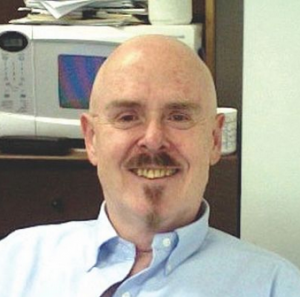 Jan Ewing grew up as a good boy in Southern California. That went on for far too long, until one day, with little warning, he sat down and wrote a string of very dirty books that are today considered—beyond all understanding—to have been influential during the upheaval leading to the Stonewall riots. Jan lost track of them until 2005, when he learned that eBay was selling those long-forgotten epics for ridiculous sums, in most cases more than he was paid for writing them. At that point, he decided to become an author.
Jan Ewing grew up as a good boy in Southern California. That went on for far too long, until one day, with little warning, he sat down and wrote a string of very dirty books that are today considered—beyond all understanding—to have been influential during the upheaval leading to the Stonewall riots. Jan lost track of them until 2005, when he learned that eBay was selling those long-forgotten epics for ridiculous sums, in most cases more than he was paid for writing them. At that point, he decided to become an author.
Jan has been a working musician, a Navy officer, a theater director, a book designer, a professional compositor, and an editor. He is currently collaborating on a sexual memoir that, hopefully, will be finished one of these days. Jan lives in New York City with his long-term partner, William Cataldi.
Tell us about your book.
Whither, Willie Wicked? is a fantasy/detective adventure about an angel who’s wondering why The War never ends.
Why did you want to write a book?
Writing has been an avocation since I was a boy. I’ve been publishing all my life. I’ve written hundreds of thousands of words for other people; ghosted entire books on subjects ranging from skin and hair care to the joys of nursing. My pornography has been taken into the permanent collections at both Cornell University and the University of Toronto. I’ve written advertising slogans, magazine articles, and dirty letters for glossy porno mags. Basically, every time I needed money I’d dash off something and sell it; an article, a short story, always a short-term solution.
I never seriously considered writing. I was busy doing “important” things. What I didn’t notice while I was mindlessly tossing off all those words, was my sudden ability to type “1” at the top of a page, and not be intimidated by it. So, when Thomas Llewellyn Gareth spoke to me, there were no limits, and the narrative just sort of unfolded. That’s what happened. Gareth wrote Whither, Willie Wicked? I didn’t.
Why did you choose to self-publish?
As it happens, I’ve had considerable experience in book production. I’ve worked as a professional compositor for every major publisher in New York City. Consequently, when electronic self-publishing became possible, I had all the skills needed to produce a book for publication, up to and including graphic design and layout, so why not? Not to mention the nifty printed hard copies you can get from Amazon at the author’s price, in any quantity, mind you.
What tools or companies did you use, and what experience did you have?
I write in QuarkXpress interestingly enough. It has all of the formatting tools and word processing functions one could want to write anything (screenplays come to mind), and is a direct and intuitive tool for anyone who likes to put words together. My layouts are done using InDesign. My experience making the six books I’ve self-published so far has been fantastic because I did them myself and the production team was in perfect agreement with everything I wanted to do.
Why not?
What do you think are the main pitfalls for indie writers?
Getting lost in the enormous amount of white noise generated every day by the other indie writers. The number of authors trying to get noticed is legion, and quality has nothing to do with it. When you’re trying to get your project going, and you’re all by yourself, and you’re competing with Hemingway and Dickens, and 200,000 other indie writers think they deserve more attention than you do, it’s awfully easy to take a warm bath, pop some corn, and hide. What one has to do is run into the streets screaming “look at me, look at me, look at me” at the top of one’s lungs, while waving loose pages in the air. Subtlety is no longer an option, is it?
As a writer, what is your schedule? How do you get the job done?
Write at least a single hour every day (unless you must write more). Do that six days a week, and you’ll be amazed how much you get done.
How do you deal with writer’s block?
I don’t often suffer from writer’s block because sometimes it’s not me writing the book. When I am writing the book, and I’m blocked for some reason, I sit down and type something like “I seem to be blocked and I wonder why I’m blocked. Maybe if I’m blocked I can just type something here and I’ll be able to think of something, and blah, blah, blah, blah, blah. . . .” and, before you know it, I’m back on track. Zen typing empties your mind. It lets creative thoughts flow through.
Tell us about the genre you wrote in, and why you chose to write this sort of book.
I wanted to do three things: 1) Create a mystical character who could morph into a superhero; 2) Experiment with the writing of violence, and 3) Use as much dialogue as possible. Whither, Willie Wicked? is 95% dialogue.
What’s next for you as an author?
I’m finishing “The Red-Headed Kid,” a biographical fantasy about sex and the sexual revolution. It stretches from a time when there wasn’t any sex until a time when there was too much sex. It is not pornography. It’s about growing up in a pornographic age. Available as soon as I can get it done.
Author Links
Get an Editorial Review | Get Amazon Sales & Reviews | Get Edited | Publish Your Book | Enter the SPR Book Awards | Other Marketing Services


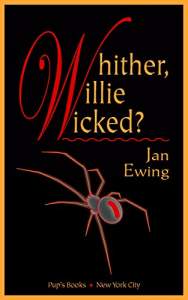







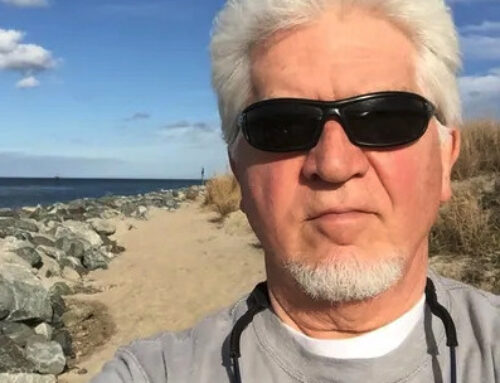
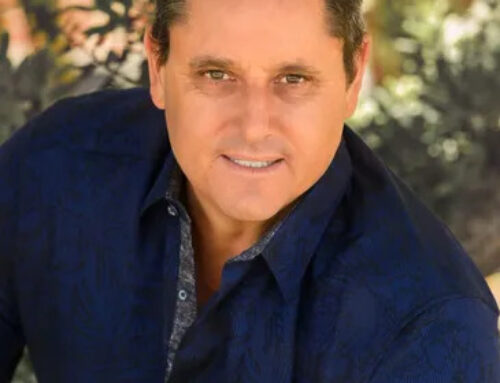

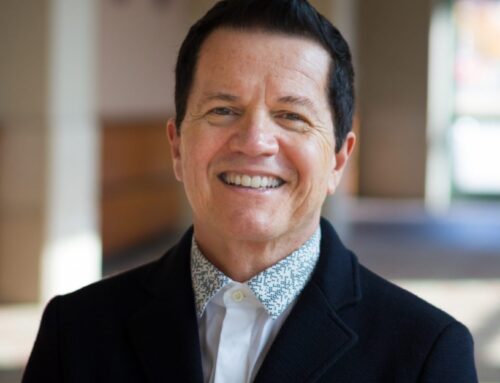

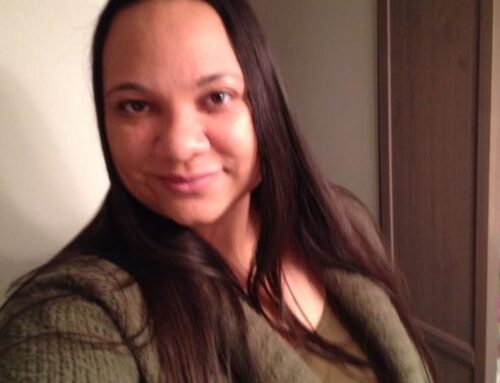



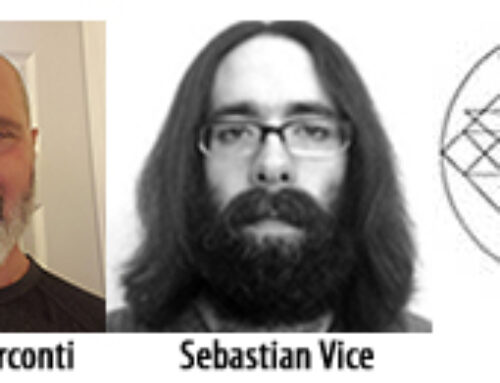
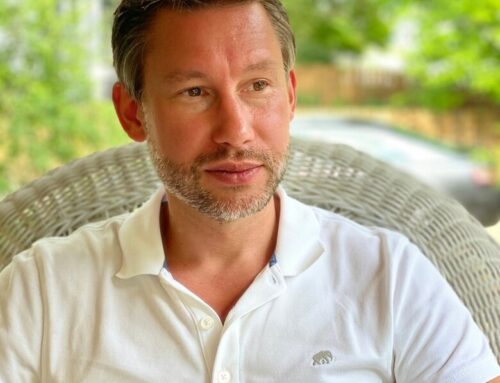
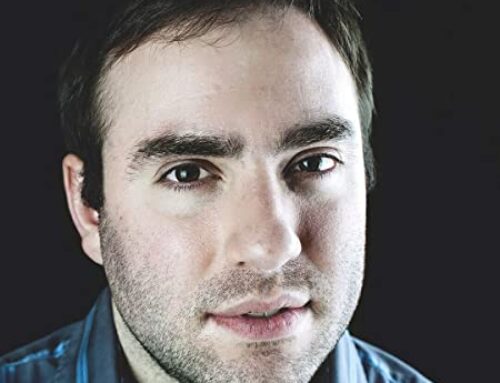
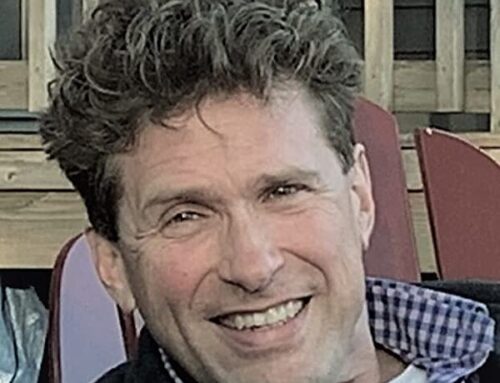
Leave A Comment